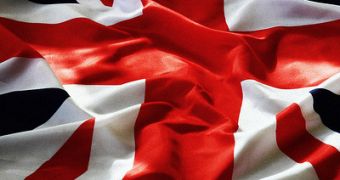The highly anticipated Digital Britain report was released today by the UK government, confirming some of the speculation. The biggest expected decision was the government's intention to provide every UK household with a minimum Internet connection of 2Mbps, something it has now pledged to do by 2012. Currently, 11 percent of UK homes don't have access to ISPs providing this speed. The “Universal Service Commitment,” as the government is calling the project, should cost UK tax payers about £200 million and will be put into practice trough a mix of existing technologies.
The 2 Mbps, however, will be a bare minimum, as the report claims that most households serviced by the project will opt for much faster connections, of up to 40 Mbps. The availability will be achieved using current technologies, from copper DSL connections to wireless ones, and the government plans to stay neutral when it comes to ISPs or technologies used.
“We also propose public support for the network of tomorrow so that consumers in the Final Third who will not be reached by the market can enjoy next generation broadband. This will be a longer project, which involves what amounts to installing a new network,” the report reads.
Another important focus will be on upgrading the existing Internet backbone, which the government believes has been neglected. The report proposes a 50p levy on all telephone landline users to fund for the upgrade ensuring broadband connections for the third of the country where it is currently uneconomical for ISPs to provide faster Internet access.
The upgrade in availability and backbone capabilities is thought to be crucial by the report's authors, arguing that, while the current infrastructure is competitive, providing an average of 3.3 Mbps to UK households, it still has to be continuously updated.

 14 DAY TRIAL //
14 DAY TRIAL //